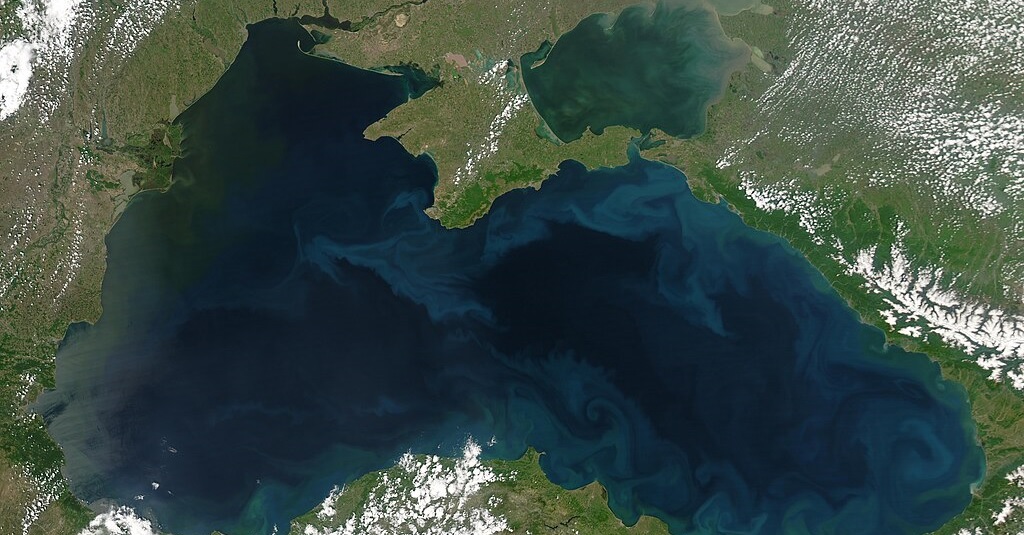
Shipping reflects on a year of Red Sea chaos and 1,000 days of war in Ukraine
Nov, 19, 2024 Posted by Sylvia SchandertWeek 202444
Today is the one-year anniversary of the start of Red Sea crisis as well as being the 1,000th day since the start of Russia’s full-scale invasion of Ukraine – two events that have been seismic for shipping.
On November 19 last year, Houthi militants stormed the Bahamas-flagged Galaxy Leader, taking the car carrier and its 25 crew hostage, ushering in the start of what has become a protracted campaign against international merchant shipping with more than 120 vessels targeted by drones and missiles and the Red Sea becoming a no-go area for a sizeable portion of the international merchant fleet.
Another anniversary falling this Tuesday that has reshaped global seaborne trades is the 1,000th day since the start of Russia’s full-scale invasion of Ukraine, a military campaign that has altered shipping patterns in the Black Sea, as well as changing the direction of Russian exports and marking a significant rise of the so-called dark fleet of tankers.
“The Russia/Ukraine war and the Red Sea crisis are both examples of a world where geopolitical instability is on the rise,” commented Lars Jensen, the CEO of consultancy Vespucci Maritime, who has been providing a keenly read daily update on the Red Sea shipping crisis via LinkedIn over the past year.
“Looking at 2025 it appears that we might see the Russia/Ukraine war find an uneasy solution whereas there is no indication that the Red Sea crisis has a short-term solution,” Jensen told Splash, adding: “Moreover, the more unstable geopolitical reality means that it would not be surprising if new flashpoints were to erupt in 2025 having an impact on shipping.”
“Shipping, trade, marine safety, and not least seafarers have become hostages to those who do not put any value on human life,” commented Michael Grey, one of the world’s most respected shipping commentators.
Last month’s Maritime CEO Forum held at the Monaco Yacht Club opened with a new session entitled The Big Issues in which two owners, a manager, and an analyst were probed on how the 2020s were shaping up to be one of the most disruptive decades for shipping in living memory.
“I don’t remember any other time, at least in recent history, where we have two active major conflicts going on at the same time. You’ve also had two of the major canals, the Panama Canal and Suez Canal, disrupted, China potentially going through its worse economic slowdown, and at the same time, we have all these regulations kicking off,” Burak Cetinok, head of research at Arrow Shipbroking, told the exclusive, by-invitation-only shipowner gathering.
Graham Porter, chairman of Tiger Group Investments, and one of the co-founders of Seaspan, warned attendees: “The world is breaking apart. I think that’s what’s causing all this chaos. We’re on a very different trend. It’s no longer collaboration, it’s independent pull. Pull your resources and hold them yourself.”
“The roaring twenties will have many more seismic shifts to come,” René Kofod-Olsen, the CEO of shipmanager V.Group predicted, quipping: “You don’t enter shipping to have a quiet life.”
Jan Rindbo, the CEO of Danish shipping giant Norden, observed that the world fleet today is built for a totally optimised trade.
“This is why we have great markets because we’ve seen this fragmentation with Russia, Red Sea or whatever it is,” he explained. “So I think fragmentation will mean you need more ships to transport the same volume of cargo.”
Source: Splash 247
-
Ports and Terminals
May, 09, 2025
0
Port of Itajaí Gains New Shipping Line Connecting to Mercosur
-
Coffee
Sep, 15, 2023
0
Coffee firms won’t be ready to comply with EU deforestation law, report says
-
Ports and Terminals
Jul, 01, 2024
0
TCP Sees Inaugural Berth For New Monthly Service Connecting Brazil, Colombia And Mexico
-
Fruit
May, 19, 2023
0
Argentina’s citrus sector faces further headwind in delayed start to 2023 season

